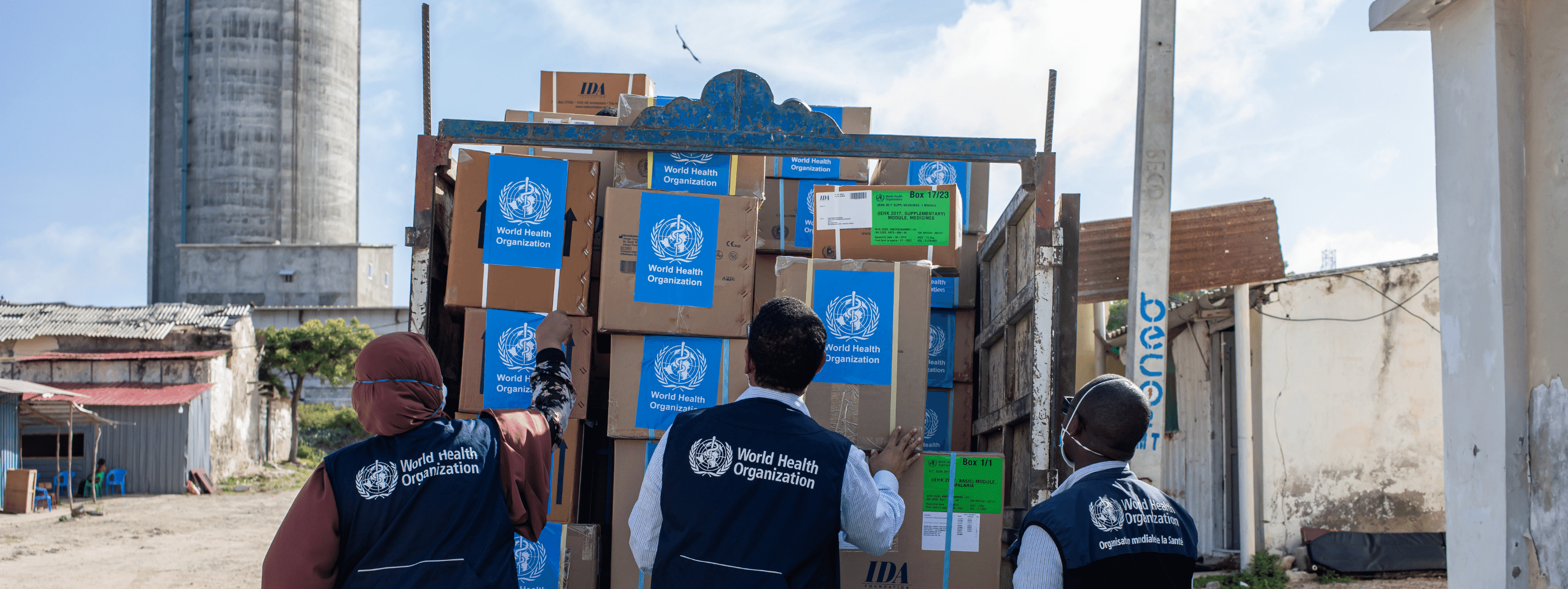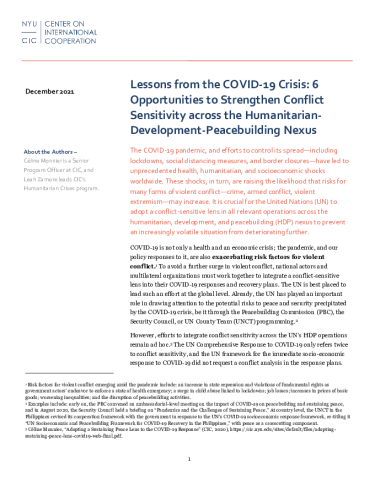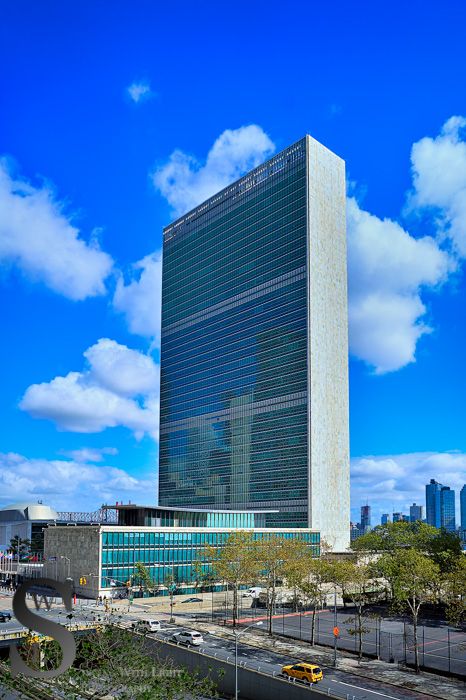The COVID-19 pandemic, and efforts to control its spread—including lockdowns, social distancing measures, and border closures—have led to unprecedented health, humanitarian, and socioeconomic shocks worldwide. These shocks, in turn, are raising the likelihood that risks for many forms of violent conflict—crime, armed conflict, violent extremism—may increase. It is crucial for the United Nations (UN) to adopt a conflict-sensitive lens in all relevant operations across the humanitarian, development, and peacebuilding (HDP) nexus to prevent an increasingly volatile situation from deteriorating further.

Throughout 2021, New York University’s Center on International Cooperation has engaged UN actors from across the HDP nexus to reflect upon this challenge. Through interviews and workshops, as well as a review of conflict-sensitivity documents produced by the UN, we have explored the many challenges facing UN staff as they seek to operationalize conflict-sensitive approaches amid the pandemic. Some of these challenges are specific to the pandemic, while many others predate it. We have also facilitated discussions among a diverse group of UN staff to identify opportunities for addressing preexisting and emerging violence dynamics within and across the UN’s humanitarian, development, and peacebuilding operations. The objective of this policy brief is to amplify UN staff “asks” in these regards and, based on these, to provide recommendations for strengthening implementation of conflict sensitivity at the UN.
Read the full brief: Lessons from the COVID-19 Crisis: 6 Opportunities to Strengthen Conflict Sensitivity across the Humanitarian-Development-Peacebuilding Nexus



